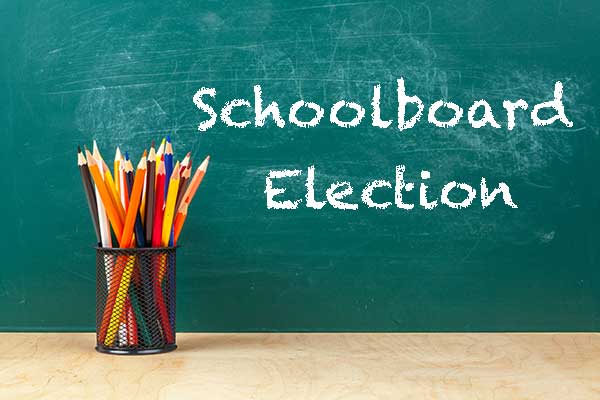Trustee elections take place later this month. While some candidates have already been acclaimed, voters in other parts of the province have quite a few candidates to choose from.
We should not take this election for granted. At this time last year, it looked like there wouldn’t be any trustee elections at all. However, by scrapping Bill 64, the province sent a clear message that school boards and trustees are here to stay.
Being a trustee is not for the faint of heart. School trustees must approve budgets, hire key personnel, determine policy priorities, and ensure proper transportation for students. These are significant responsibilities.
The reality is that education should be of interest to everyone. Having a well-educated society is important to the long-term viability of a country.
This means that the upcoming trustee elections do matter. Voters should take the time to research candidates so they can make an informed decision.
Here are some things to look for in prospective trustees. First, find out why each candidate is running for public office. Are they genuinely interested in the school system or are they simply using the trustee position as a stepping stone for higher office?
A red flag would be a candidate who has run unsuccessfully several times before at the federal or provincial level. Candidates with one eye on higher office are not likely to make good trustees.
Voters should also find out which candidates are serous about making academic excellence a top priority. We must never forget that the primary purpose of schools is to provide students with an academic education. Be wary of candidates who seem to be more focused on political activism than on academic excellence.
Trustee candidates should also demonstrate at least a basic level of competence. They should have had experience serving on volunteer boards and they should be able to point to some significant achievements in their careers.
While there are no formal job requirements to be a trustee, voters have a right to expect trustees to be capable of doing the job.
In addition, find out which trustee candidates are most likely to govern in an open and transparent manner. Specifically, ask each candidate whether they think individual trustees should be free to share their opinions publicly, even when they differ from what the majority of the board has decided.
There are far too many cases where school boards are using codes of conduct as a weapon to muzzle dissenting trustees. Being a trustee is an elected position, which means they are accountable to the public. Clamping down on dissent is not healthy for any elected body.
Finally, look at what trustee candidates are saying about the spending of taxpayers’ money. School boards oversee multimillion-dollar budgets, and they must be held accountable for their decisions.
It’s perfectly reasonable to ask potential trustees about their budget priorities. Be wary of candidates who state, or imply, that money is no object or that they don’t think about much about money. This is a clear sign of someone who doesn’t know how to set priorities—or a budget. Such candidates are unworthy of your support.
This month, take the time to vote. Before you vote, educate yourself about each of the candidates. It matters who serves on our school boards.
Michael Zwaagstra is a public high school teacher and a senior fellow with the Frontier Centre for Public Policy.



